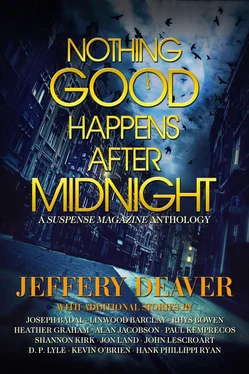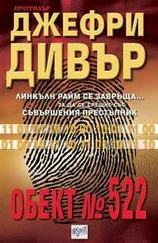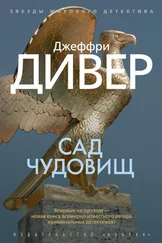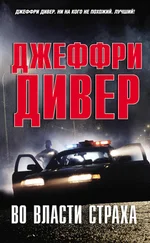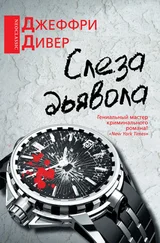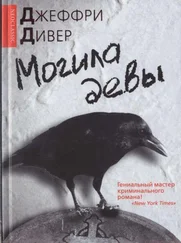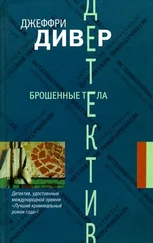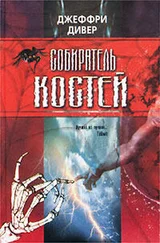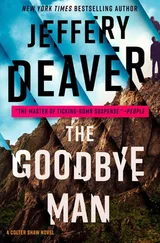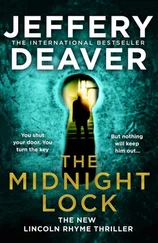To her relief, Robert recognized her instantly; she wasn’t sure he would. He rose from the wheelchair and hugged her hard.
He said, “Hey... Don’t know what happened. Just... too much crap at work. Too long hours.”
The partners worked the younger lawyers half to death, especially those like Robert, who represented some massive hedge funds based in the state.
They walked to the car. On the drive home he pulled down the visor to examine his face and finger-brushed his mussed, brown hair.
The radio was on, music softly playing. Robert shut it off. An awkward silence descended.
“Nice place, the hospital,” he said.
“It is. Staff’s friendly.”
“Décor’s good.”
“Landscaping’s nice. Are you hungry?”
He thought for a moment. “No.”
There followed a dozen other deflecting questions and answers.
“I don’t think you should go in to work today.”
“No. I shouldn’t.”
Beth was relieved; she’d been worried that he’d insist.
“You don’t remember last night?”
“Well, the first part of the concert. Not the last. And not driving home.” A frown. “Did I drive?”
“I did.” She didn’t want to mention the near accident.
He took this in and fell silent.
Soon, they arrived and pulled into the driveway. She climbed out and stepped around the car to open the door for him.
But he lifted a hand, gave a laugh and said, “I’m good, m’lady,” in a bizarre British accent.
He got out and hugged her. Robert was back. This was confirmed when he shot a scowl at the Altman’s house. The color was the gaudiest shade of yellow you could imagine. “Bile,” he called it. “I’m writing another letter.”
The last letter of complaint to the homeowners’ association had infuriated the Altmans, and shortly afterward the Tollners found dog crap dotting their front yard. Their neighbors owned a pit-bull mix that was as obnoxious as its owners.
Inside, he went to the bedroom and changed into jeans and a gray UConn sweatshirt.
Robert had apparently changed his mind about his appetite and decided to eat something.
“I’m totally famished.” He devoured half of the tuna salad sandwich she made, then the other. Sipped coffee.
She said, “I should get to the school for about an hour. Are you...?”
“Oh, sure, honey. I’ll be fine. Give me a chance to catch up on my games.”
He certainly did love video games. He’d had to give them up almost entirely, though, because of the long hours at work.
She hugged him again, and he kissed the top of her head. She could smell his sweat; it was strong. He didn’t seem to notice his own odor. She thought about telling him a shower might make him feel better but wasn’t sure what his reaction would be.
Beth drove to her office at the private college where she was a professor of sociology. She finished a departmental report and graded a dozen papers. These tasks took longer than they should have because her mind kept jumping back to last night: Seeing her husband’s glazed face. Feeling his taut muscles and cold skin.
Zoned out...
It was then that the doctor’s question about drugs came back to her. No, he didn’t do recreational drugs and, at the moment, no prescription ones.
But what if he had ingested something that affected him? After all, the final blood workup wasn’t in yet. Food? They’d had the same casserole at dinner and Beth was fine, but at the intermission of the concert, he’d had that coffee with milk. He’d eaten something too. Cookies, she believed. And they were homemade, baked by the friends of the chamber group or of the performing arts venue. Could the milk or the pastry have been tainted?
Beth pulled her laptop closer, went online and looked up the local newspaper, to see if anyone else had gotten sick after the venue.
No, no one had been. Or, if so, the malady hadn’t made the news.
Her search had also turned up a review of the concert. It was favorable and, as she expected, the notice centered on the Midnight Sonatina , the mesmerizing violin solo.
The reviewer wrote that he had never heard of the piece but, upon research, learned several things: one, it was so difficult to play that it was rarely performed — as the program notes had reported; and, two, the piece had a connection to several crimes. A link sent her to another article: “The Curse of the Midnight Sonatina .”
She gave a soft laugh and went to the site on which the story was posted, a history journal she’d never heard of.
The first of the crimes surrounding the Midnight involved the creator of the piece himself.
Italian composer Luigi Scavello, 1801–1842, was known to be eccentric and would wander by himself through the hills outside of Florence, disappearing for days at a time. It was then that he did much of his composing. He said the earth and animals and sky and rocks gave him the inspiration for the songs he wrote. He usually returned from his hiking wild-eyed and disheveled. He studied with the famed Paganini, whose difficult compositions he would have no trouble performing — one of the master’s few students to be able to summon the skills required.
But Scavello soon quit his studies and grew more and more reclusive.
In 1841, he vanished for three days and when he emerged he reported that he’d spent the time in a cave in the Tuscan hills. It was there that he’d written what he considered his masterpiece, Sonatina in E Minor for Violin (the “Midnight”) . He’d composed the piece over the course of a single day and night, he claimed. Fellow musicians didn’t know what to make of the sonatina, as it was well beyond the ability of most violinists.
The first performance was a chamber concert in a church near Chianti. Scavello played the piece himself. By all accounts, the sonatina mesmerized the audience — moving them to tears in some instances, to shock in others. A few actually collapsed with emotion.
A week after the performance Scavello went mad and murdered a local priest, then cut his own throat, bleeding to death in the middle of the square outside the church.
All word of the Midnight Sonatina was lost and there’s no record of its having been played again, until decades later, when a British musicologist doing research in Italy discovered the piece. The professor returned to London, where a chamber group there added the sonatina to their repertoire. It was at one of their concerts that the sonatina was associated with yet another horrific crime.
Beth was interrupted when her phone hummed. She glanced at the number.
She frowned. It was the mobile of Sandra Altman, from next door.
Neighbors from hell...
“Sandra.”
“Look, I don’t know what your husband’s up to but you better tell him to stop it.”
“What’re you talking about?” Beth asked.
“He’s at your living room window. He’s been there for an hour, staring at us. Glaring. It’s very upsetting. We tried calling the house but he’s not picking up. If he doesn’t stop, Fred’s going to call the police.”
Beth’s heart sank. Robert had relapsed into his odd behavior of last night.
She said stiffly, “He hasn’t been feeling well.”
“Feeling well? He’s sick, all right. Sick in the head. I’ve always known it.”
Coming from the woman who would steal their newspaper and refused to trim trees whose branches fell onto their property.
Not to mention dog shit.
“I’ll give him a call. And—”
But then the woman was talking to someone else; her husband, Beth supposed. “Where are you going?”
“To tell him to stop,” came the man’s distant voice.
Читать дальше
